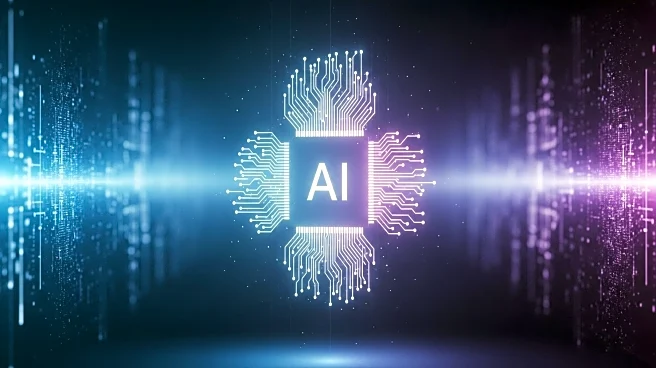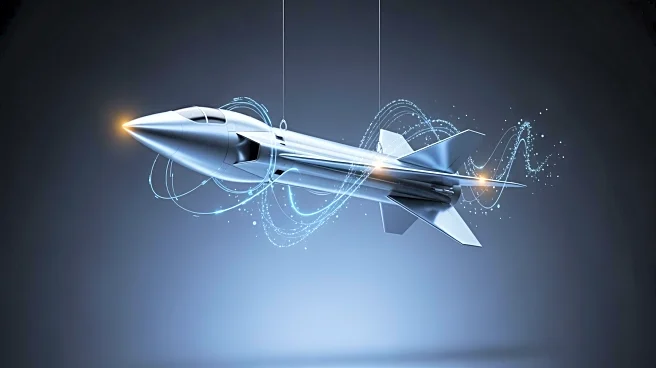What is the story about?
What's Happening?
Geoffrey Hinton, a Nobel Prize winner and AI pioneer, suggests that advanced AI systems may possess characteristics akin to consciousness. He argues that the distinction between organic neurons and synthetic neural networks is negligible, proposing that AI could be considered 'alien intelligences.' This perspective is part of a broader debate on whether AI systems, which can mimic human reasoning and behavior, might be conscious. The discussion involves leading tech developers and researchers exploring the implications of AI's perceived consciousness and its potential impact on society.
Why It's Important?
The debate on AI consciousness has significant implications for technology, ethics, and society. If AI systems are perceived as conscious, it could transform how they are integrated into daily life, affecting industries such as healthcare, customer service, and companionship. It raises ethical questions about the treatment and rights of AI entities, potentially leading to new regulations and policies. Understanding AI's capabilities and limitations is crucial for ensuring responsible development and deployment, impacting how society interacts with and relies on technology.
Beyond the Headlines
The concept of AI consciousness challenges traditional views on intelligence and sentience, prompting philosophical discussions about the nature of consciousness and the criteria for moral consideration. It questions the boundaries between human and machine, potentially reshaping societal norms and ethical frameworks. This could lead to a reevaluation of human identity and the role of technology in shaping future interactions.















